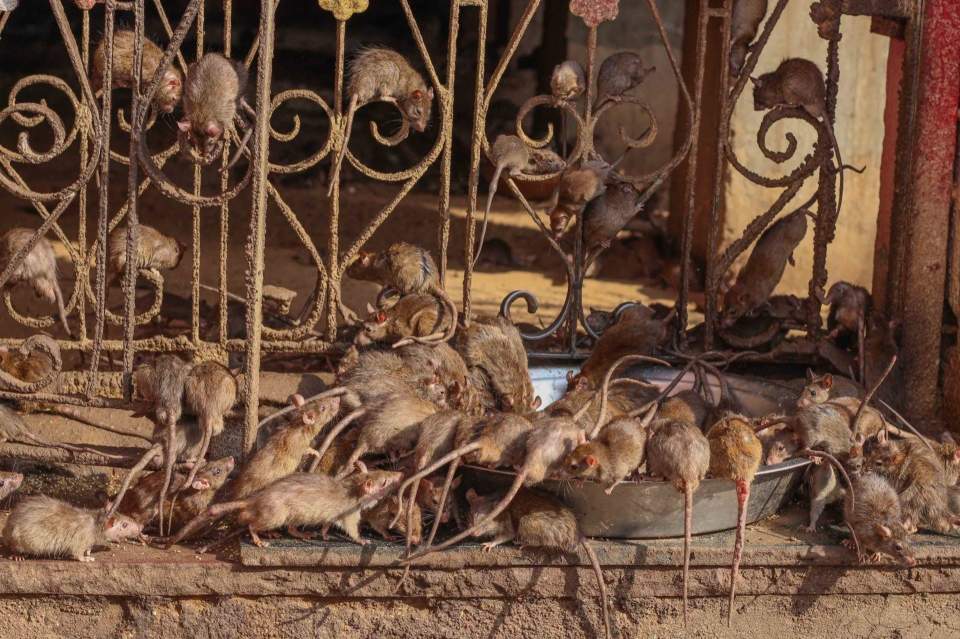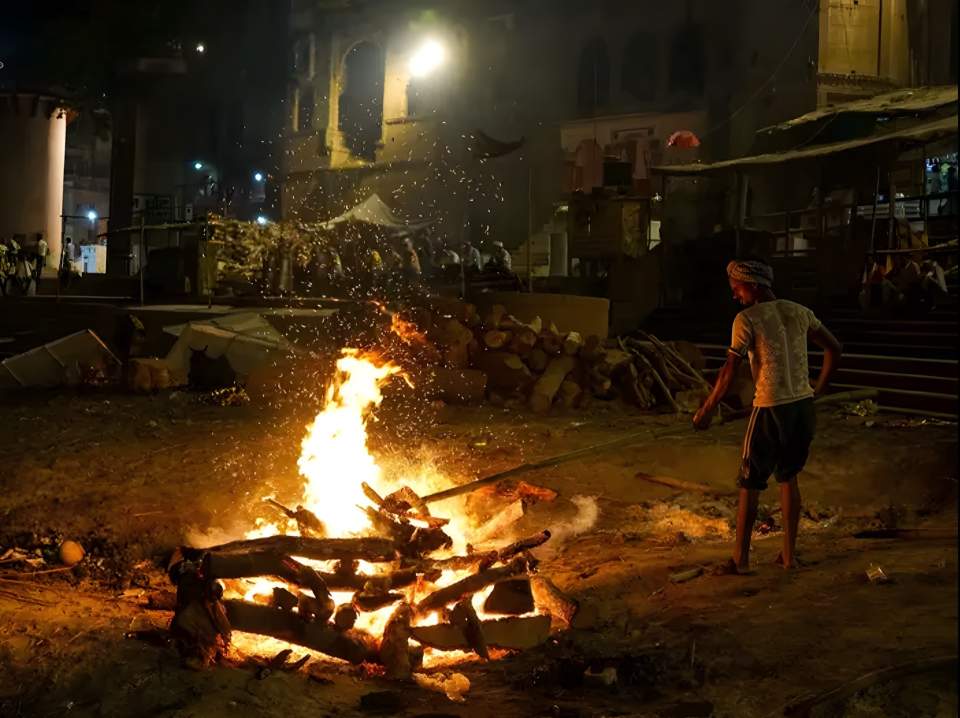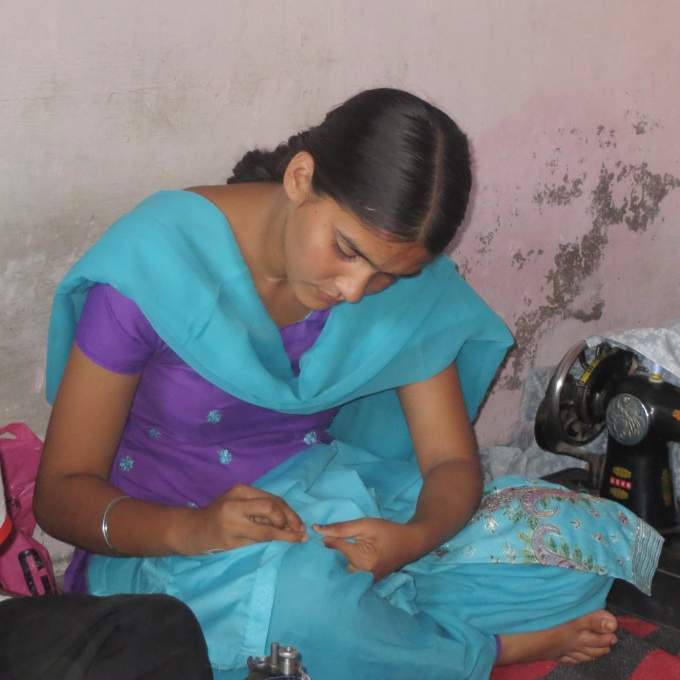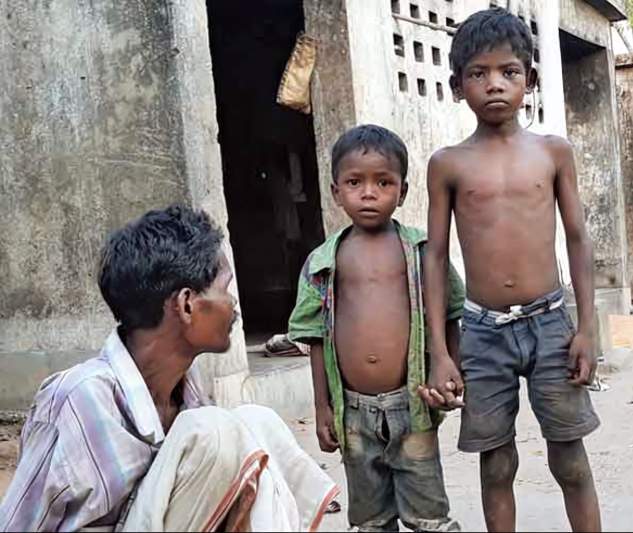What Difference Does the Gospel Make to Unreached India
Saturday, August 17, 2024
Written by India Gospel Outreach
Categories: Prayer & Praise

Praise God for the transforming power of the gospel to release captives, recover lost sight, free the oppressed and bring a new era of salvation to the lost (Luke 4:18-19) of India.
What does it mean to become a believer in Jesus Christ in India, especially among people who do not come from Christian backgrounds? Most of us who have been raised in western nations experienced cultures that have known centuries of Christian influence.
Even in our secularized world, we continue to live by assumptions that have their roots in Christian values and practices. We take these things for granted and may regard these values as common sense. In reality, they come from a Christian source.
However, if one observes the customs and cultures of various parts of India, we recognize very different ways of thinking and acting that come as a result of mindsets influenced by other religions. When a person from one of these religions hears the gospel, he/she hears something so radically different from what he/she has known that he/she receives it either with great joy and relief or with great anger and bitterness because it challenges long-held assumptions.
The persons who truly put trust in Jesus Christ have had their eyes opened, allowing them to experience a change of mind and heart so radically different that their whole lives are transformed. Often, they become the greatest spokespeople for the gospel because the changes that happen in their lives, once unthinkable, become miraculous reality. They cannot help but share their faith with others.
What does it mean to become a Christian in unreached India? What were these new believers like before they met Jesus Christ? What difference does it make to support an evangelist/church planter in India who works with people who have little or no exposure to the Good News? Let us examine some real-life examples of lives that have yet to hear of Jesus Christ and experience His transforming power...
In Deshnoke, Rajasthan (less than 1% Christian), is a temple devoted to the Hindu goddess, Bhawati Karniji. It is also known as the “Temple of Rats.” This temple is noted for the presence of an estimated 25,000 rats that live in the temple and daily eat a small fortune of sweets, grains and milk. These rats are considered sacred reincarnations and descendants of ancestors. They are called “kabbas,” or “little children,” and are even considered members of one’s family.

The temple has special workers whose chief responsibility is to make sure the rats get enough food to eat. They make sure that the rats get the very best of everything. The rats take full advantage of this.
Visitors come to the temple to worship the rats, to bow in worship with folded hands and pray to them, to offer them food in order to get imagined benefits from them. They mock the reality that rats can carry at least 20 known diseases. They even allow the rats to eat from their own food dishes, thinking this is a great honor and act of worship.
Nothing is said or considered about diverting all this food to feed hungry and poverty-stricken families who can’t afford nourishing food. Rats eat at least 20% of India’s grain while the poor are allowed to starve. Most of Rajasthan’s people see nothing wrong with this. Their excuse? “It is their fate.”

Even highly educated people are afraid to control this infestation of rats for fear that something horrible from the deities will be inflicted upon them and their families.
Another example...
A practice followed in Rajasthan, Madhya Pradesh and other parts of India is suttee, where a woman immolates herself on the same altar where her dead husband is cremated. Often, the woman has no children to support her, her husband being her only means of support. With her husband’s death, she has no support system, and she finds no one willing to help her. It is frightening to feel one has no way out of an impossible situation, abandoned by the gods.
Priests see this as an advantage for them, because it gives them more money. They nudge the frightened woman into her self-immolation by pretending to care for her and convincing her that immolating herself will turn her into a deity. A temple will be built in her honor, and people will offer money to pray to her. This lie convinces the woman. Of course, the priests get the money because the woman dies. Suttee can become a lucrative racket.
The whole spectacle of a burning woman attracts thousands of people who want the sadistic entertainment of watching a woman suffer as she burns herself alive.
Officially, this practice of suttee is banned by law in India, but it still takes place. Many people still regard this as a sacred practice and resent the government’s intrusion into the matter. Police who intervene to stop it have sometimes been mobbed and physically harmed. Often, the police avert their eyes from the scene, as much to protect their own lives from unruly mobs who relish the spectacle and resent what they regard as police interference.
No one knows exactly how many of these widow burnings take place. Many times, these self-immolations are reported by government people as “suicides” by mentally unstable women to absolve themselves of responsibility for their failure to prevent the women’s deaths.
There are at least 250 known temples in India devoted to the women victims of this grisly practice.

One more example...
In a typical north Indian village (or slum), scavenger children gather at a dump filled with rotting garbage. The children paw through the stinking mess looking for throwaway food. They all have bloated bellies. Their skin is covered with sores. Their hair is matted and unwashed. Some wear small rags of clothing taken from the same dump, but other wear nothing.
They are completely unable to read or write. They have no skills. They are children at risk, subject to being exploited by sex traffickers and slave masters who work them long hours of hard labor and profit from their helpless condition to line their own pockets. The children walk around like the living dead, all hope gone from their eyes. They lose hope very early in life.
These children belong to an outcast group. Their village offers no chance to better their lives in any way because the caste system completely forbids it. As long as they live, they must remain in this condition forever because they must work off the bad karma of their former lives. If they ever reach adulthood, their own children will live in the same way.

It is forbidden for anyone to help them lest they offend the gods and disrupt the social order. The local religion frowns on any compassion, even from those with the means to help them. The sense of hopelessness hangs everywhere. Drug and alcohol use as well as family abuse in this place is at epidemic proportions. Many of the children are sold off to human traffickers as virtual slaves.
On June 20, 2024, The Times of India published a report from UNICEF, the “Child Nutrition Report 2024,” which indicated that 40% of India’s children suffer from “severe child food poverty.” In this regard, India is one of the lowest 20 nations of the world.
IGO-sponsored evangelists go with the Good News to people who live with these mindsets, both in word, deed and power. None of us born in environments long influenced by Christian values can fully comprehend or appreciate the unforgettable impact that the message and power of Jesus has upon people who have experienced the kinds of things we have described here and have never heard what we have known, perhaps for years or decades.
Nor do we fully comprehend the hatred of those who have purposely kept them in chains with religious lies and fear as they begin to see those lies crumble with the truth and power of God, and their power eroded as these dehumanized people regain their original God-given destinies.
Through your prayers and support of these evangelists and church planters who bear the Good News in every state and territory of India, you are reaping great harvests where you have not sowed in ways you have probably never imagined.
Pray for the day when all of India will become discipled into the kingdom of God (Matthew 28:19).
Pray that India Gospel Outreach’s influence (and yours) in this movement will continue to increase in the days ahead.






